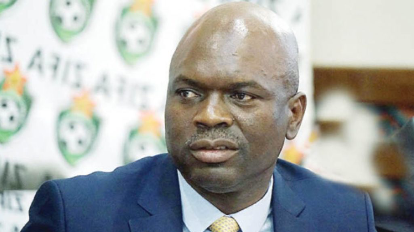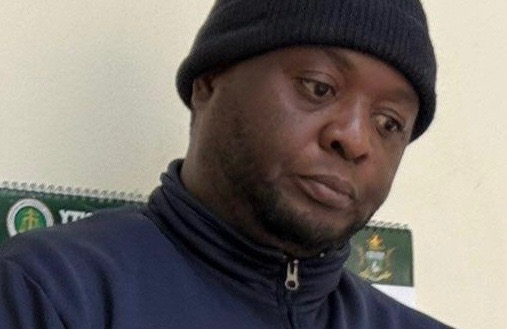By Staff Reporter
Harare – A crucial witness for the state in the fraud case against five former Zimbabwe Football Association (ZIFA) board members has made significant concessions that could significantly impact the outcome of the trial.
Sebastian Garikai, the former acting director general of the Sports and Recreation Commission (SRC), testified on Tuesday that he could not definitively prove whether the accused had written, signed, or sent the letters that were at the center of the fraud allegations.
The five board members, Felton Kamambo, Philemon Machana, Stanley Chapeta, Joseph Mamutse, and Brighton Malandule, were arrested after being accused of using a ZIFA letterhead to write misleading letters while on suspension.
Midway through the trial, the SRC opted out of the case and wrote to the Prosecutor-General saying they no longer considered themselves complainants in the matter.
However, the state continued with prosecution which saw the five seeking a referral to the Constitutional Court, arguing that the State should not proceed without a complainant.
On Tuesday, Sebastian Garikai, the former acting director general of the SRC, testified that writing letters on the ZIFA letterhead violated the terms of the suspension imposed on the five, which barred them from acting as ZIFA officials.
He indicated that Mamutse authored the letters on behalf of the ZIFA board, making all individuals involved liable for the offence.
Prosecutor Oscar Madhume questioned Garikai on the connection of the accused, asking, “If the letters were signed by accused four (Mamutse), how are the others linked?” Garikai responded that the letters were explicitly written on behalf of the ZIFA board.
As the State questioned him further, Garikai acknowledged that the suspension letter served on the former board members did not specify their prohibitions, including the use of ZIFA letterhead.
The prosecutor asked, “Were the conditions of suspension communicated directly to the accused persons?” to which Garikai replied that the suspension letter did not outline specific conditions.
Garikai conceded that the SRC did not ascertain whether the five actually wrote, signed, and sent the letters to various ZIFA officials.
He admitted that they based their police report on accounts from Xolisani Gwesela and other ZIFA officers.
This was after Admire Rubaya, the lawyer representing the ex-board members, challenged Garikai to prove the allegations against his clients.
Rubaya argued that without verification from a handwriting expert, Garikai could not rely solely on Gwesela’s testimony, suggesting that Gwesela had personal motives in wanting Mamutse’s position.
Garikai agreed that he did not consult the five before making the police report.
Additionally, Garikai informed the court that despite suspending the former ZIFA board members, FIFA rejected the SRC’s actions and subsequently banned Zimbabwe from all international football activities.
This supported the defence’s claim that there was never a valid suspension, as FIFA continued to engage with the board members during the SRC’s allegations.
Garikai also made a critical concession, admitting that at the time the accused were alleged to have misrepresented themselves, they were actually recognised as the legitimate football leaders in Zimbabwe, considering FIFA’s suspension of the country.
The defence further contended that Mamutse’s suspension was irregular since he was not a board member but rather a ZIFA employee under a private contract, according to the association’s constitution.
The case will continue on October 31.




